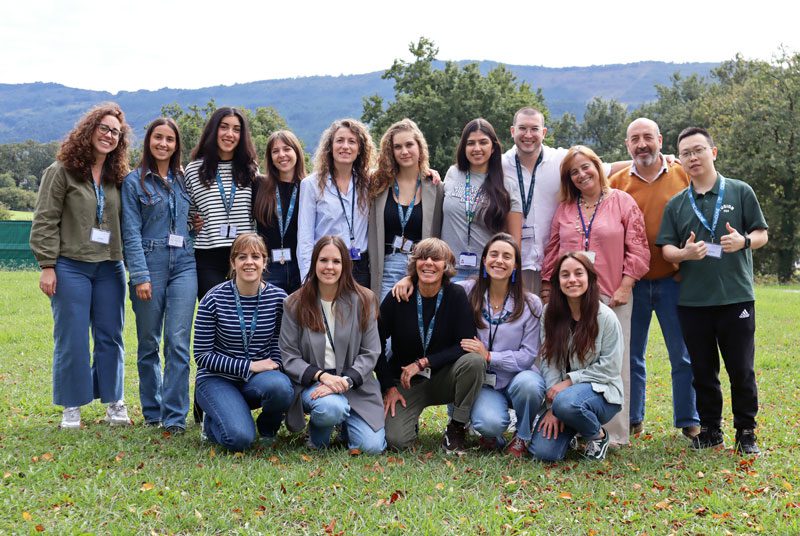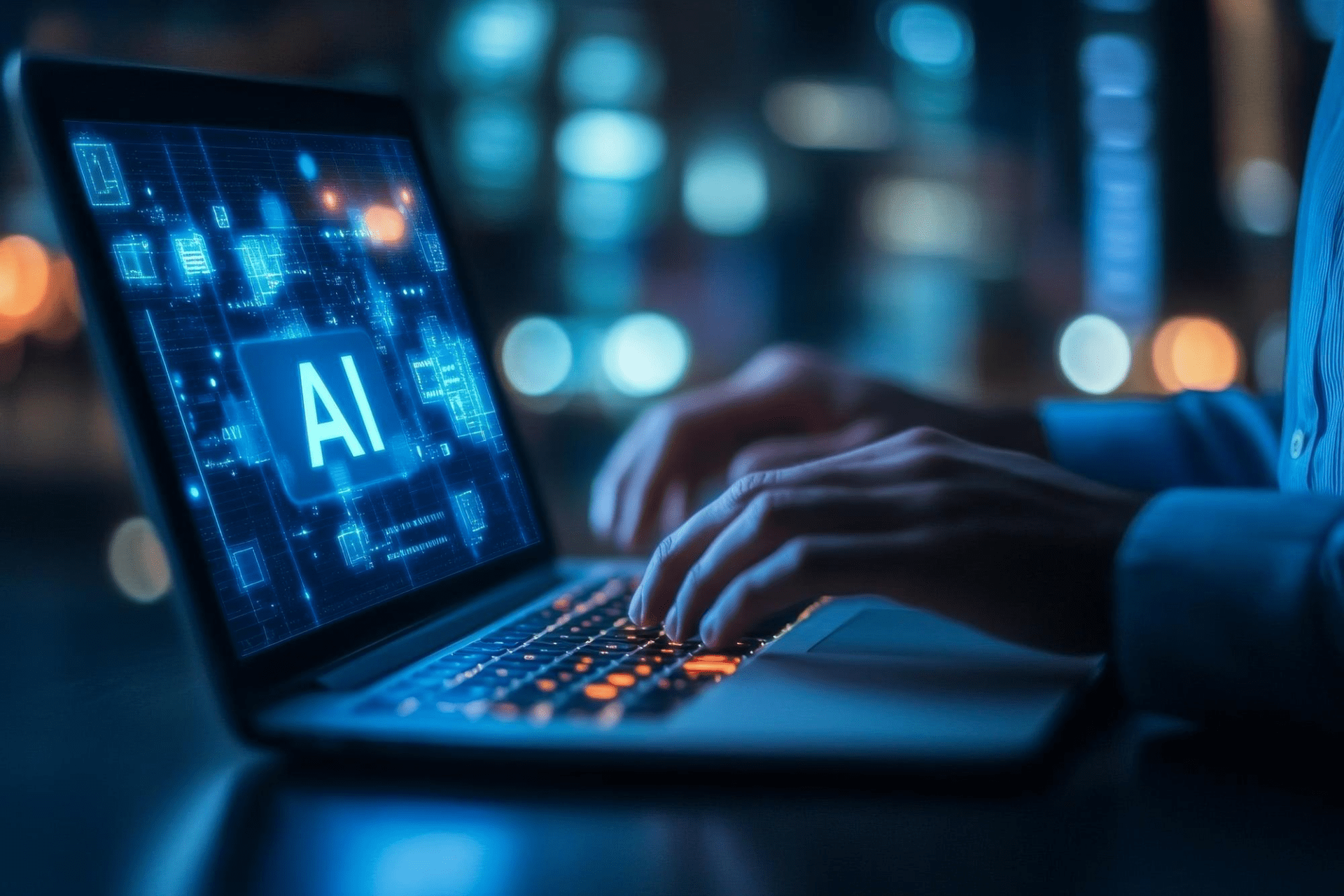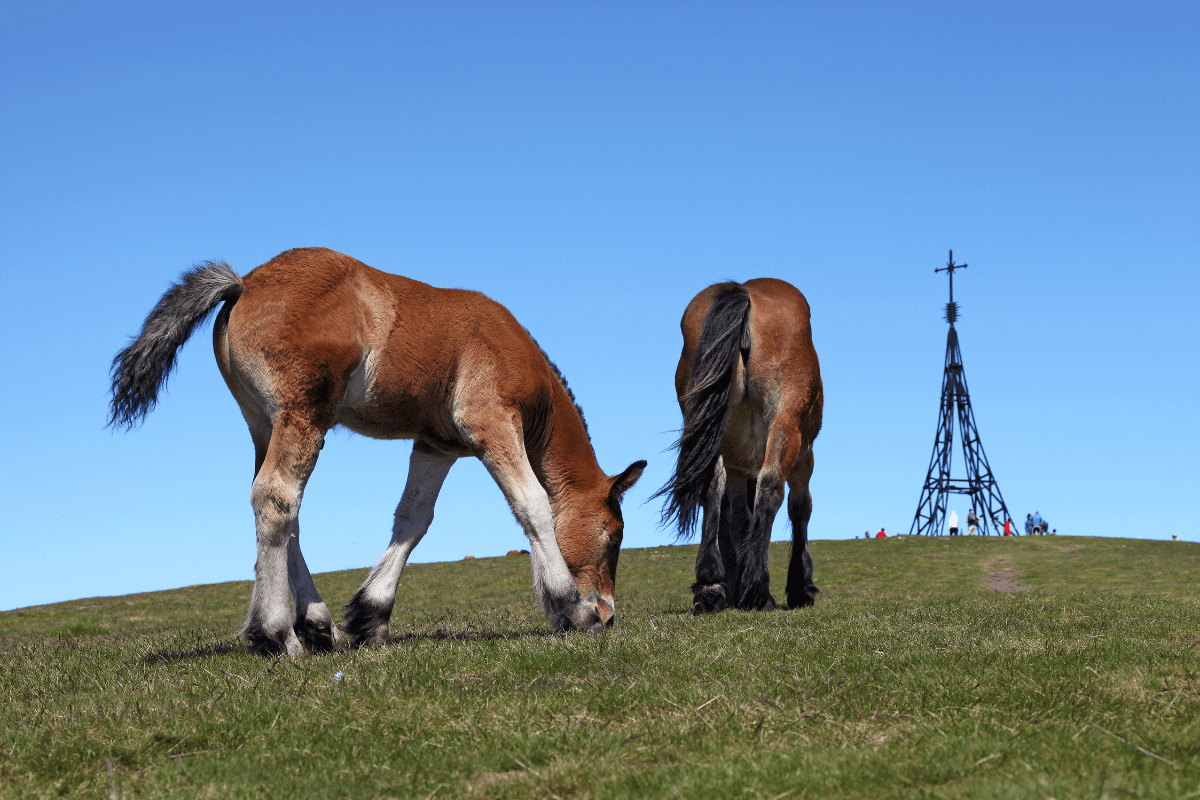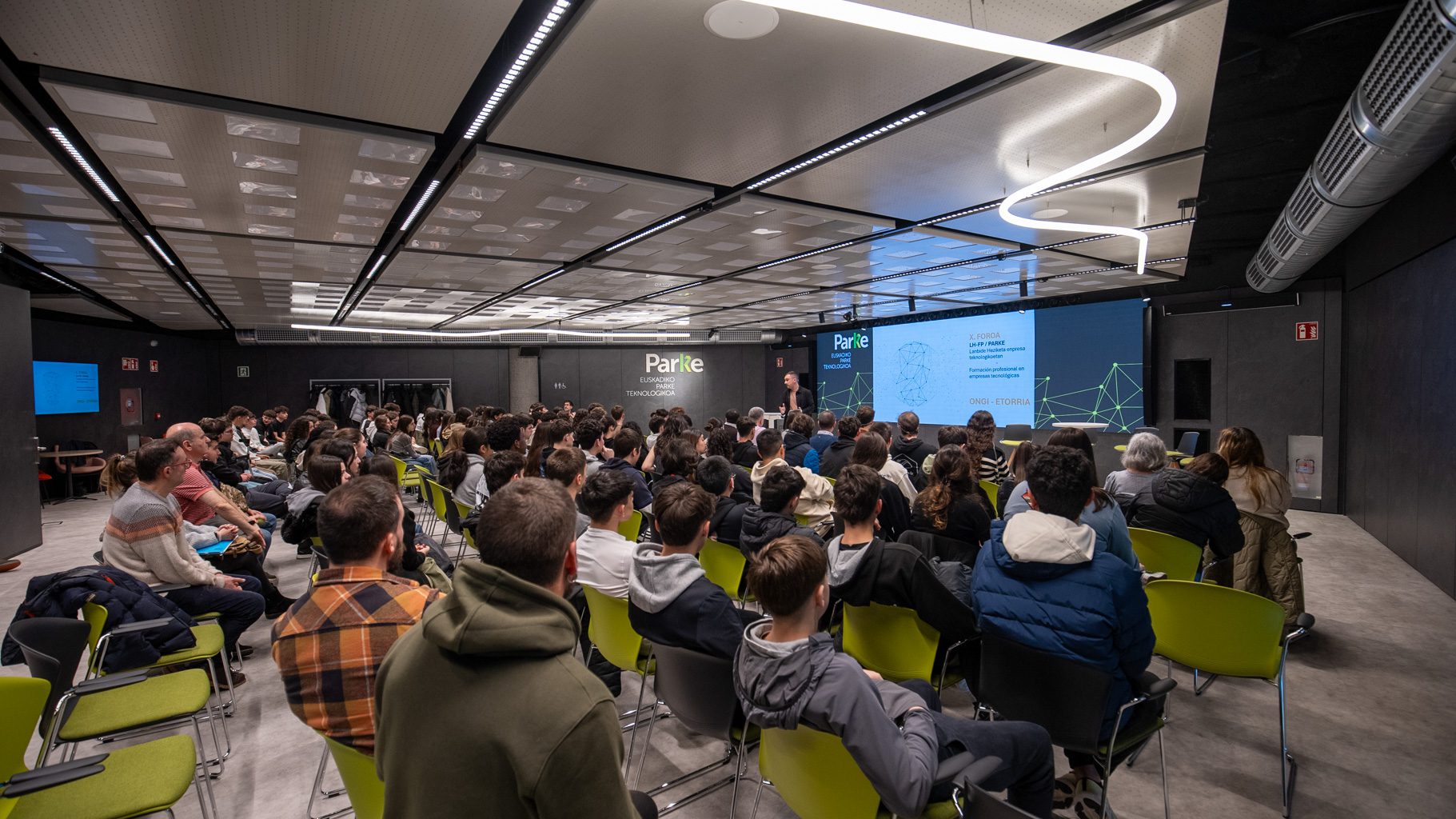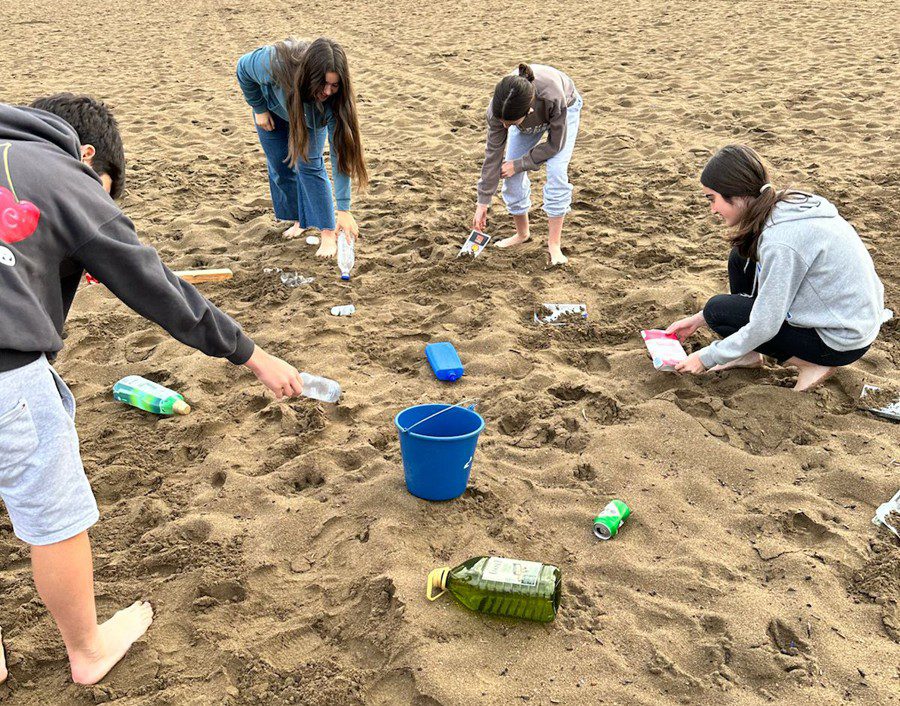From fishing waste to organic fertilisers: a solution for sustainable agriculture
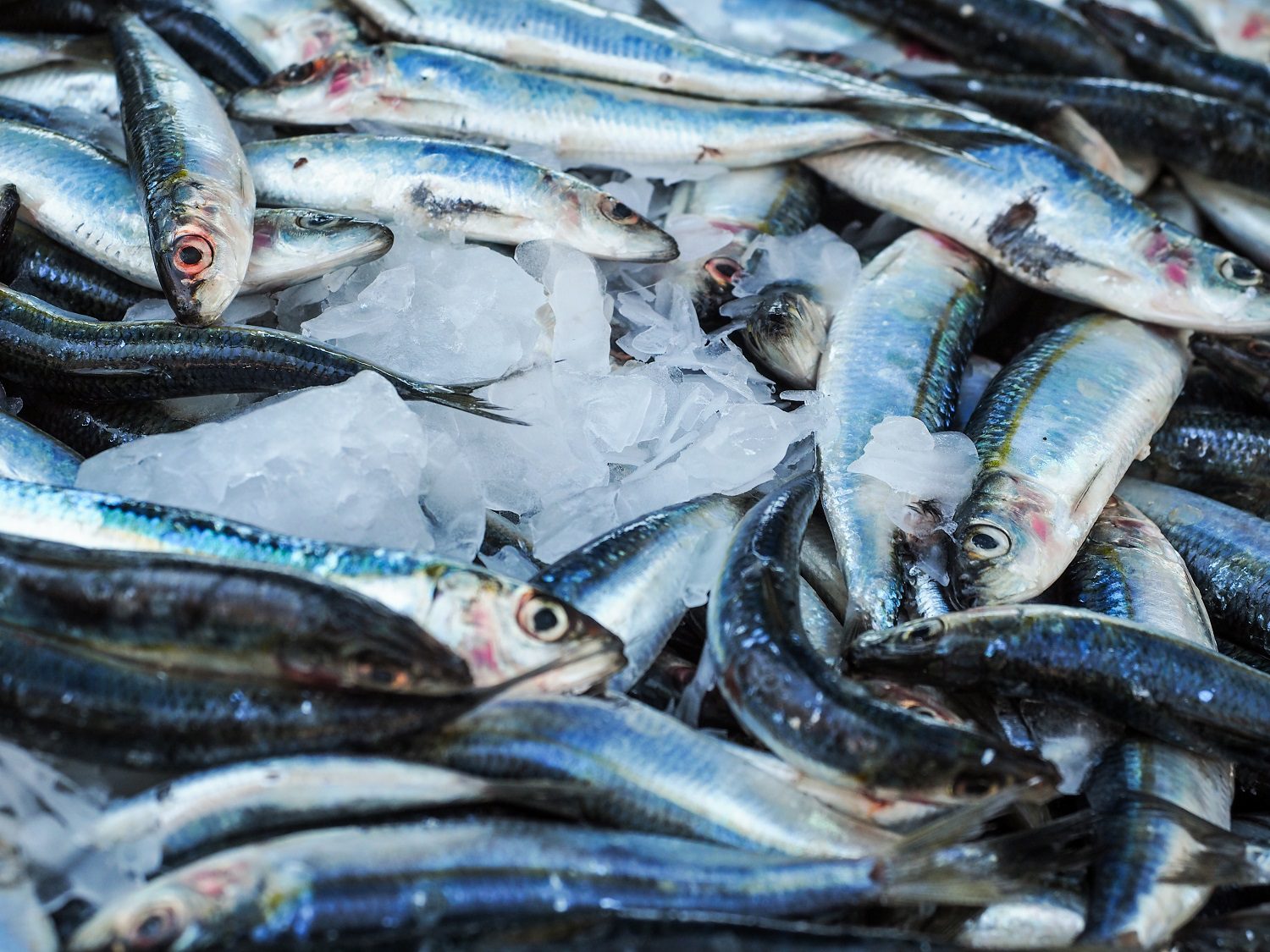
The NEIKER technology centre has coordinated the European SEA2LAND initiative to transform fishing by-products into biofertilisers
By recovering fishing waste, biological fertilisers have been obtained that can replace minerals and are more beneficial to soil health
These new fertilisers reduce dependence on imported fertilisers, which is essential in situations of geostrategic instability, and move towards a more environmentally friendly agricultural sector
Every year, Europe depends on imports for more than half of the fertilisers it uses, largely from Russia and Morocco. This situation not only increases costs for the agricultural sector but also increases vulnerability to international tensions and keeps agricultural production tied to fossil and mineral resources whose extraction requires high energy consumption and generates a considerable environmental impact.
In order to respond to this situation, the NEIKER technology centre, an entity dependent on the Basque Government’s Department of Food, Rural Development, Agriculture and Fisheries, has coordinated the European SEA2LAND project, funded by the European Union’s Horizon 2020 programme.
The initiative aims to transform waste from the fishing and aquaculture industries – which amounts to 5.2 million tonnes per year in the European Union – into bio-based fertilisers (BBFs) that can partially or totally replace synthetic pesticides and contribute to more sustainable agriculture. These biofertilisers can replace mineral fertilisers, reducing dependence on imported inputs in situations of geostrategic instability.
‘This strategy not only takes advantage of the essential nutrients contained in these by-products, such as nitrogen, phosphorus, and potassium—phosphorus being the next critical element in agriculture and a key element in crop development—but also helps mitigate the environmental impact of poor phosphorus or potassium management. phosphorus and potassium—phosphorus being the next critical element in agriculture and a key element in crop development—but also helps mitigate the environmental impact of poor waste management and promote a circular economy model,’ says Dr Miriam Pinto, a researcher in NEIKER’s Department of Natural Resource Conservation. She adds that ‘right now, much of this waste is discarded, dumped into the sea or sent to landfill. With SEA2LAND, waste is not wasted and value is extracted from what apparently had none’.
